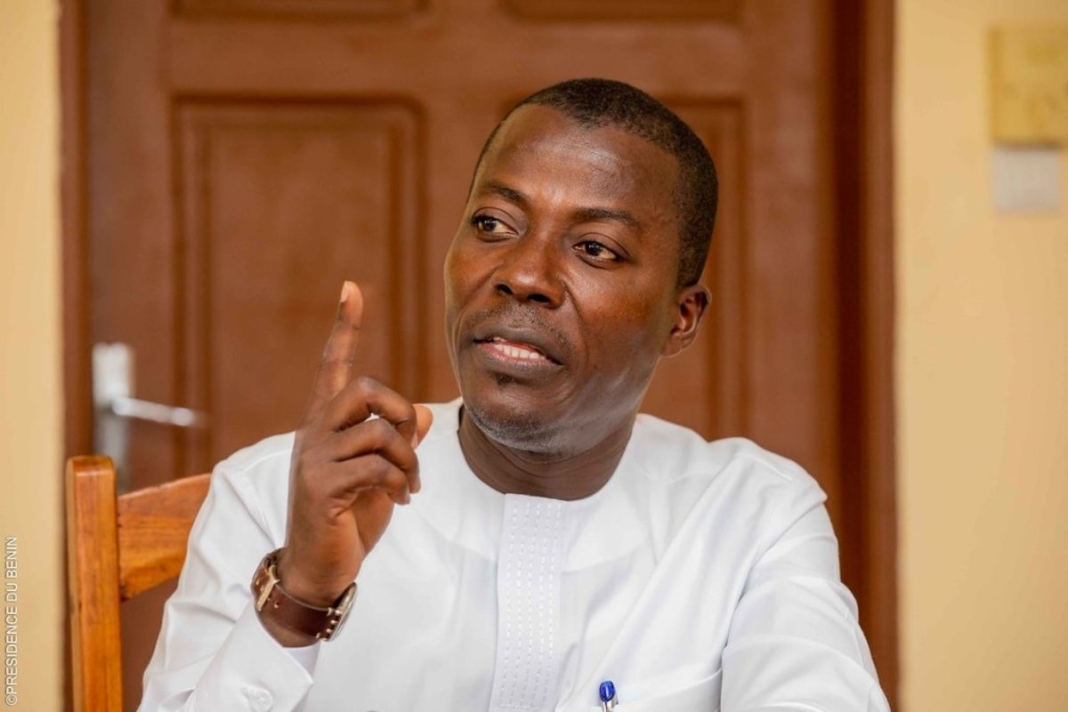The Beninese government has strongly condemned the spread of false information related to recent terrorist attacks in the northern part of the country. In an interview with national television, government spokesperson Wilfried Léandre Houngbédji accused some citizens of knowingly or unknowingly amplifying propaganda from armed groups.
He reaffirmed that the April 17 jihadist attack, which targeted military positions in northern Benin, officially left 54 people dead. Figures circulating on social media claiming up to 70 victims, he said, are part of a “manipulation campaign orchestrated” by terrorist groups with local digital relays.
“These killers have propaganda teams whose messages are being amplified by some of our fellow citizens, either out of naivety or complicity,” Houngbédji stated. He also recalled the October 26 incident, when alleged attacks were reported using videos filmed abroad, causing panic on social media.
According to the spokesperson, both domestic and foreign networks are being financed to destabilize the country ahead of the 2025 elections. A “digital army” is reportedly spreading messages aimed at eroding public trust in national institutions. Houngbédji warned administrators of online groups that they could be held accountable for spreading subversive content.
On the security front, he defended the government’s strategy, emphasizing the state’s significant investment in strengthening the military’s capabilities. He acknowledged that the asymmetric nature of the conflict makes some incursions hard to prevent but highlighted the international respect earned by the Beninese Armed Forces.
Regarding regional cooperation, he praised President Patrice Talon’s commitment to the Accra Initiative led by ECOWAS, but criticized the lack of engagement from certain countries. Bilateral agreements with Burkina Faso and Niger remain on hold, particularly since the July 2023 coup in Niamey.
When asked about the absence of a national day of mourning, the government explained that it aimed to avoid offering a symbolic victory to terrorist groups. Support measures have been implemented, including compensation for victims’ families, medical coverage, full educational support for orphans until age 21, and plans for a national memorial.
Finally, rumors of inadequate military equipment were dismissed. Houngbédji assured the public that the needs of the armed forces are being met, in line with international constraints. He also commended local communities for their role in intelligence gathering, calling it a crucial asset in the fight against terrorism.


